Technology 2008: From Blu-ray to Twitter
This year was as good as any for significant technology, and when it comes to mobile internet it was potentially a watershed year. We take a look at some of the technology highlights of 2008.

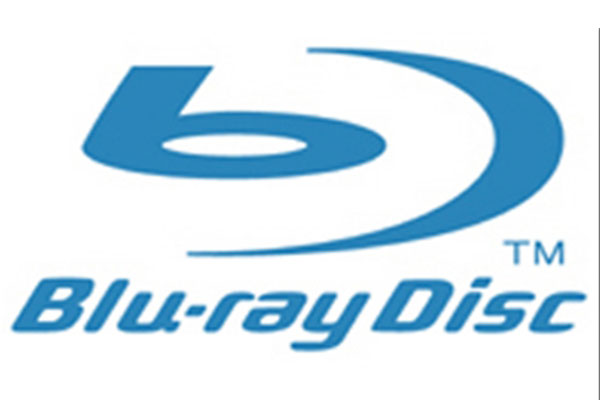
Blu-ray
The start of the year was marked by the somewhat irritating battle between HD DVD, backed by Toshiba and Microsoft and Blu-ray, backed by Sony and pretty much everyone else. While it looked like a battle that might go on until both knocked each other into irrelevancy, it turned out that the end came rather quickly. At CES 2008, Warner suddenly announced that it was ditching HD DVD and throwing its weight behind Blu-ray. This threw the Toshiba camp into disarray, who promptly cancelled its press conference. Before long other studios were jumping ship and by February, it was all over.
Come Christmas 2008 and the jury is still out on Blu-ray. Only in the last few weeks have sales figures picked up but the signs from the release of Batman, the Dark Knight, which sold 30 per cent of its total on Blu-ray are promising. As faster net speeds are announced it could be likely that Blu-ray will have a far shorter shelf-life compared to DVD.
Solid State Disks (SSDs)
SSDs have been bubbling under for some time but this is the year they really started to hit the headlines. In terms of client side hardware there were three reasons for this the Lenovo X300, the MacBook Air and the Asus Eee PC 900. These all feature SSD drives - with the former and latter it was the only options.
SSDs certainly have their benefits in terms of performance but it's not as totally clear cut as we discovered when we pitched a Traxdata drive against a conventional 2.5in unit.
In April, Intel made some bold claims about the performance of its SSD drives - it's first foray into the technology - and much of it was down to its redesign of the integrated memory controller. By September, it was shipping the drives. It seems Intel has managed to live up to its claims and its drives are now the fastest, but also some of the priciest on the market. Look to next year for prices to start to come down and for SSD to really start to take over.
Sign up today and you will receive a free copy of our Future Focus 2025 report - the leading guidance on AI, cybersecurity and other IT challenges as per 700+ senior executives
Intel Atom
While the first big netbook released in 2008 was the Asus Eee PC 900, it wasn't until the release of the MSI Wind, which appeared in July, that netbook fever really began to take off. Atom is Intel's smallest x86 processor and runs up to 1.8GHz, though most netbooks featured the N270 running at 1.6GHz. It offers full PC compatibility and the ability to run full Linux or Windows XP operating systems but at a fraction of the power usage of even Intel's standard low power CPUs. Truth be told, Atom is still relatively slow, and still too power hungry to appear in something like a smartphone, but we could see both issues address in the coming year.
Google Android
Google's move into virtually every sphere of life continued when it announced the Google Android platform for smartphones at the end of 2007. It seemed like a big ask to be able to bring out a finished phone by the end of the following year, but in fact it only took until September for the first Google phone to appear.
Benny Har-Even is a twenty-year stalwart of technology journalism who is passionate about all areas of the industry, but telecoms and mobile and home entertainment are among his chief interests. He has written for many of the leading tech publications in the UK, such as PC Pro and Wired, and previously held the position of technology editor at ITPro before regularly contributing as a freelancer.
Known affectionately as a ‘geek’ to his friends, his passion has seen him land opportunities to speak about technology on BBC television broadcasts, as well as a number of speaking engagements at industry events.
-
 Who owns the data used to train AI?
Who owns the data used to train AI?Analysis Elon Musk says he owns it – but Twitter’s terms and conditions suggest otherwise
-
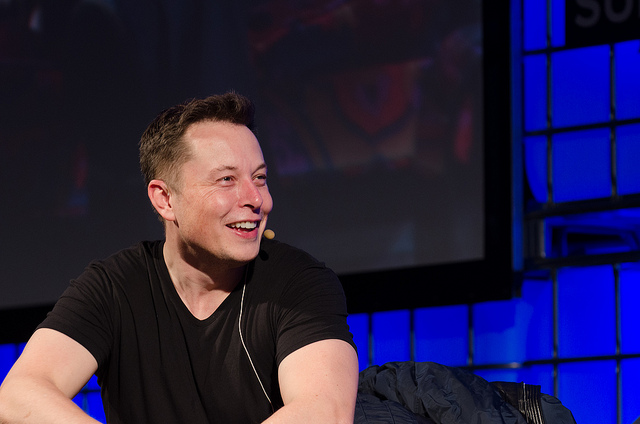 Elon Musk confirms Twitter CEO resignation, allegations of investor influence raised
Elon Musk confirms Twitter CEO resignation, allegations of investor influence raisedNews Questions have surfaced over whether Musk hid the true reason why he was being ousted as Twitter CEO behind a poll in which the majority of users voted for his resignation
-
 Businesses to receive unique Twitter verification badge in platform overhaul
Businesses to receive unique Twitter verification badge in platform overhaulNews There will be new verification systems for businesses, governments, and individuals - each receiving differently coloured checkmarks
-
 Ex-Twitter tech lead says platform's infrastructure can sustain engineering layoffs
Ex-Twitter tech lead says platform's infrastructure can sustain engineering layoffsNews Barring major changes the platform contains the automated systems to keep it afloat, but cuts could weaken failsafes further
-
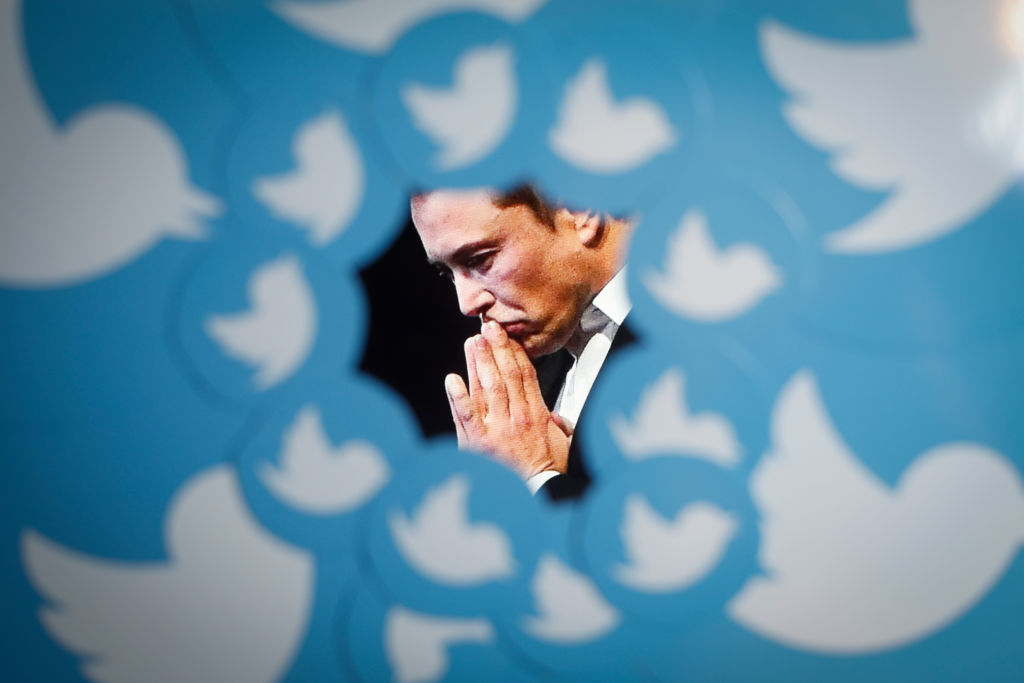 ‘Hardcore’ Musk decimates Twitter staff benefits, mandates weekly code reviews
‘Hardcore’ Musk decimates Twitter staff benefits, mandates weekly code reviewsNews The new plans from the CEO have been revealed through a series of leaked internal memos
-
 Twitter could charge $20 a month for 'blue tick' verification, following Musk takeover
Twitter could charge $20 a month for 'blue tick' verification, following Musk takeoverNews Developers have allegedly been given just seven days to implement the changes or face being fired
-
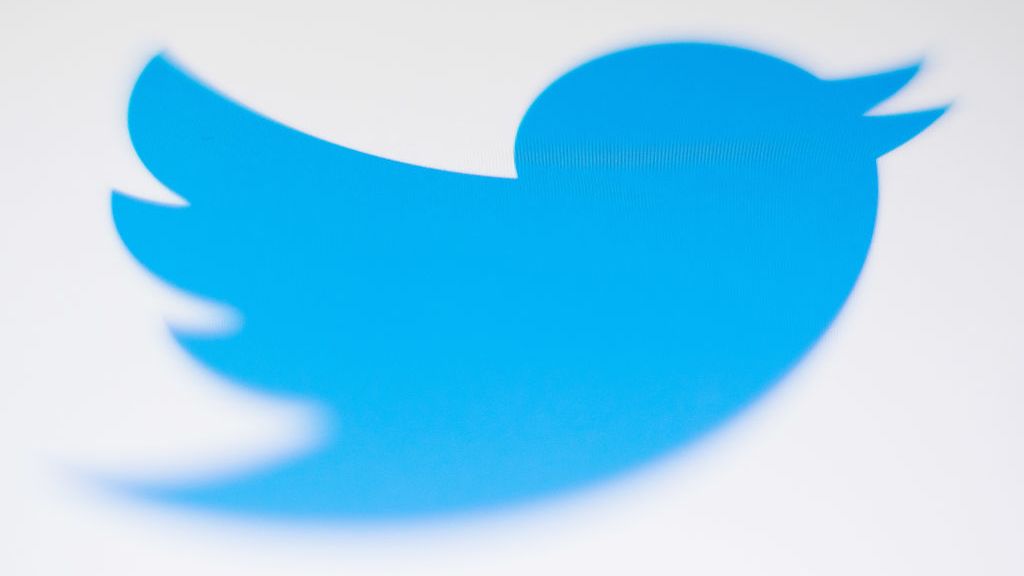 Twitter reports largest ever period for data requests in new transparency report
Twitter reports largest ever period for data requests in new transparency reportNews The company pointed to the success of its moderation systems despite increasing reports, as governments increasingly targeted verified journalists and news sources
-
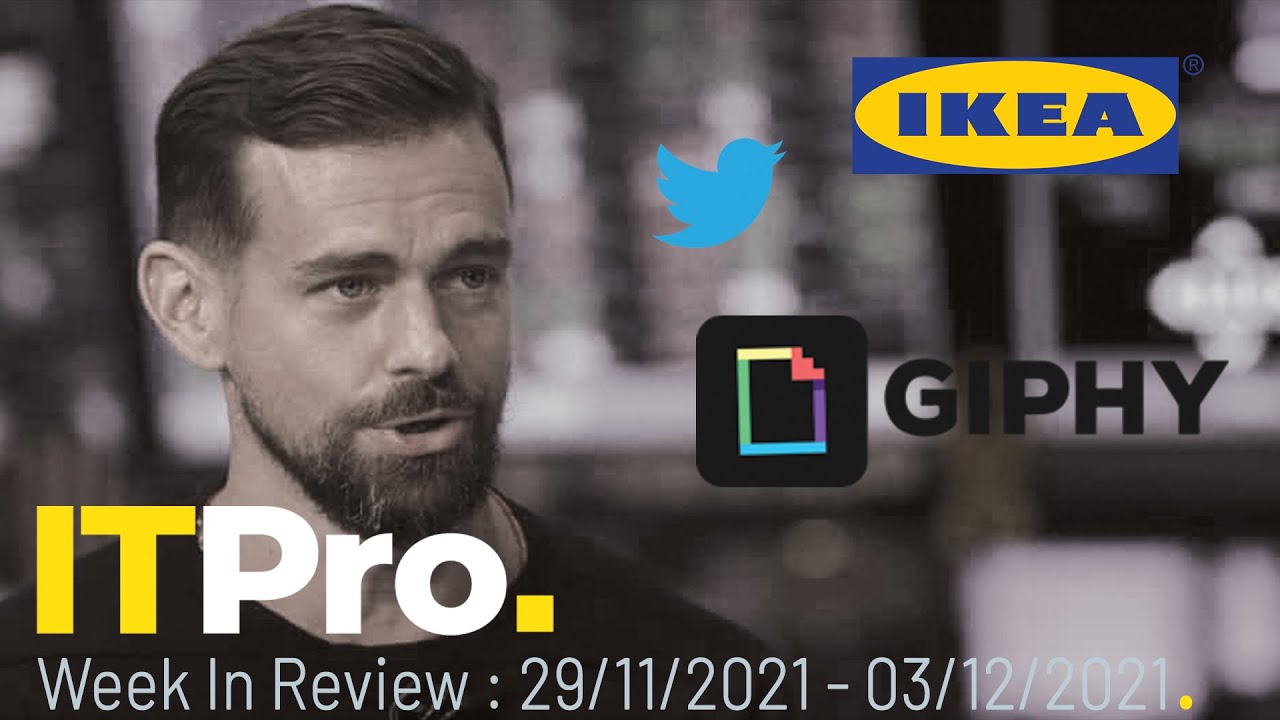 IT Pro News In Review: Cyber attack at Ikea, Meta ordered to sell Giphy, new Twitter CEO
IT Pro News In Review: Cyber attack at Ikea, Meta ordered to sell Giphy, new Twitter CEOVideo Catch up on the biggest headlines of the week in just two minutes


